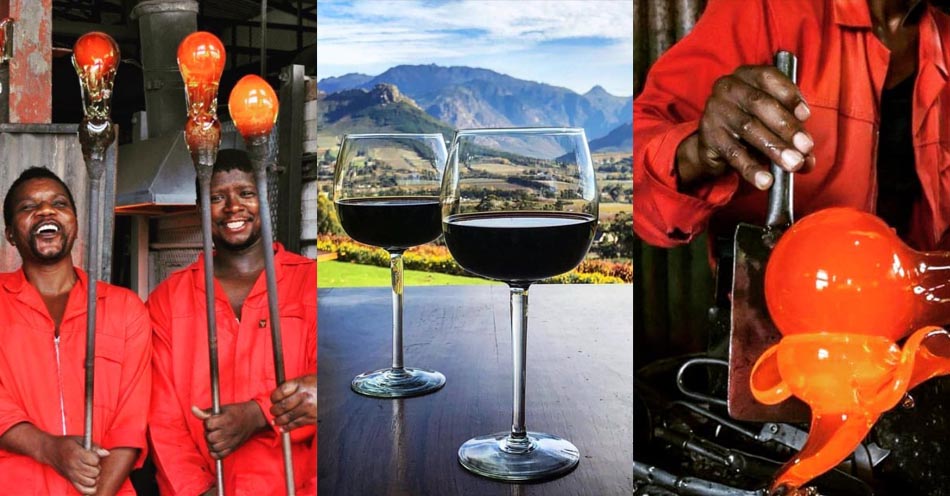Your Cart is Empty
FREE shipping (T&C apply) | 10% OFF FIRST PURCHASE: SIGN UP ON HOME PAGE
Menu

0
Your Cart is Empty
FREE shipping (T&C apply) | 10% OFF FIRST PURCHASE: SIGN UP ON HOME PAGE
FREE shipping (T&C apply) | 10% OFF FIRST PURCHASE: SIGN UP ON HOME PAGE

Your Cart is Empty
FREE shipping (T&C apply) | 10% OFF FIRST PURCHASE: SIGN UP ON HOME PAGE
Add description, images, menus and links to your mega menu
A column with no settings can be used as a spacer
Link to your collections, sales and even external links
Add up to five columns
Add description, images, menus and links to your mega menu
A column with no settings can be used as a spacer
Link to your collections, sales and even external links
Add up to five columns
Add description, images, menus and links to your mega menu
A column with no settings can be used as a spacer
Link to your collections, sales and even external links
Add up to five columns
Add description, images, menus and links to your mega menu
A column with no settings can be used as a spacer
Link to your collections, sales and even external links
Add up to five columns
July 28, 2020 4 min read

Ngwenya Glass started out in 1979 as an aid project in Swaziland founded by the Swedish government. But why did the Swedes choose glassblowing, and why Swaziland? There was a need for jobs, a local iron ore mine and natural resources. The area’s temperate climate, along with a natural silica deposit near the site of the factory, made it an ideal location. The Swedes built the factory, imported machinery and equipment, and employed and trained local Swazis in their age-old art of glassblowing.


The factory was closed from 1981 to 1985 and that could well have been the end of the story, were it not for the Prettejohn family from East London, South Africa. The Prettejohns used to collect glass elephants from Swaziland until suddenly they were no longer available. They decided to visit Swaziland and find out why. What they found was an abandoned factory, with most of the equipment still there. The Prettejohns were intrigued and in January 1987, they became the proud owners of the only glassblowing factory in Africa. But now what?! They knew nothing about the glass blowing business!


Through determination, hard work and the guidance of Sibusiso Mhlanga, one of the original glassblowers at the factory, Ngwenya Glass re-opened and today is flourishing. The factory now employs 70 workers, including 2 of the original blowers and 4 other members of the original staff. Ngwenya Glass products are found in many homes worldwide and their custom-made light fittings and tableware are commissioned by the most prestigious hotels worldwide. See the team at work in this video:
The path to success was not easy, but the Prettejohns faith and determination came partly from the fact that their Ngwenya Glass products are truly unique. The reason why Ngwenya Glass is so special is that only recycled glass is used – mainly old drink bottles. Each and every piece is totally handmade and mouth blown. People from all over Swaziland collect bottles and are paid per kilo for clean glass.
Ngwenya Glass is passionate about conservation and organizes environmental clean-up days along the main roads in their area. Schools in their area do these clean-ups in exchange for donations of building materials or soccer kits etc. For Ngwenya, educating children about environmental issues, is an important part of saving our planet.
Over the years, Ngwenya has extended its sustainable credentials beyond simply recycling glass. They use cooking oil from fast food outlets to fire their furnaces, and their packaging material is recycled newspaper. They installed solar panels on the factory roof and stopped using plastic straws in their coffee shop years ago.
The company is fair trade registered and part of the Swaziland Fair Trade movement. It has received an A Grade from the Ellen Macarthur Foundation, which measures the impact companies are having on the world with regards to waste. The company is also proud to be part of B Corp, an organization whose members are businesses that keep Purpose and Profit in balance.


Ngwenya Glass also launched a wildlife conservation fund. Known as the Ngwenya Glass Rhino and Elephant Fund, its proceeds go directly to saving these rare and endangered animals which have been saved from the brink of extinction for a second time in the recent history of Swaziland. A percentage of Ngwenya Glass’ sales worldwide are donated to this Fund. The company also gives back to local communities in Swaziland. Their long list of charitable efforts includes donating food to a local orphanage and blankets to the elderly. They’ve funded a counselor to support abused women and children in the community, as well as those living with HIV and AIDS. What drives the Prettejohns is improving their business for the betterment of the environment and the people that live in the region.


What’s not to love about the Ngwenya Glass story; new life breathed into a dilapidated factory and an age-old craft. Plus, proof that business success and commitment to protecting the environment and uplifting the local community can, indeed, be a winning combination. Isn’t it great to know that those beautiful glasses on your dining table have done all that?